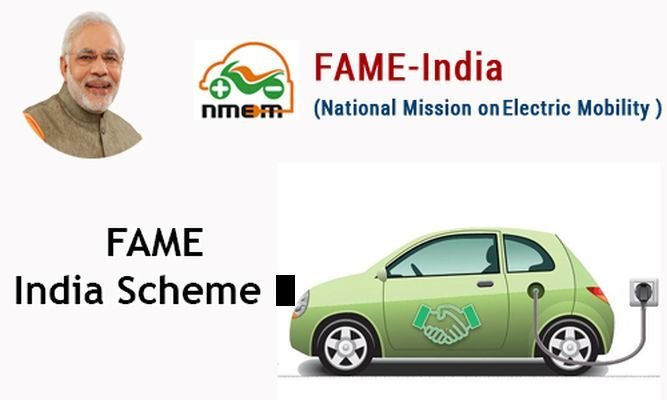India first offered tangible support to the electric vehicle industry at the end of 2010, with the new and renewable energy ministry announcing a Rs 95-crore incentive scheme for manufacturers.
Import duty on batteries was cut to 4% from 26%. Price rebates of up to 20% were offered, subject to a maximum of Rs 1 lakh for an electric car.
The FAME (Faster Adoption & Manufacturing of Hybrid and Electric Vehicles) India Scheme which is part of the National Electric Mobility Mission Plan (NEMMP), which was launched by the erstwhile government in 2015.
Under the NEMMP scheme, the government was to invest up to Rs 14000 crore in creating infrastructure and promoting the use of environment-friendly electric vehicles.
Industry was to pitch in the extra Rs 10000 crore required to develop products and create a manufacturing ecosystem. The scheme has four focus areas — technology development, demand creation, pilot projects and charging infrastructure for building awareness and increasing utilisation of eco-friendly vehicles.
The National Electric Mobility Mission Plan (NEMMP) 2020 projects sales of six-seven million units of electric vehicles and a resultant fossil fuel saving of 2.2-2.5 million tonnes. This will also result in substantial lowering of vehicular emissions and decrease in carbon dioxide emissions by up to 1.5% by 2020.
With the government yet to freeze the contours of and allocate resources to implement phase two of the FAME, the Department of Heavy Industries extended for an additional six months phase one of the programme to promote purchase and usage of green vehicles.
This is the third time that the phase one of the FAME India Scheme has been extended. The extension of the scheme will deemed to have come into effect from April 1, 2018 and will be valid till Sep 30, 2018.






